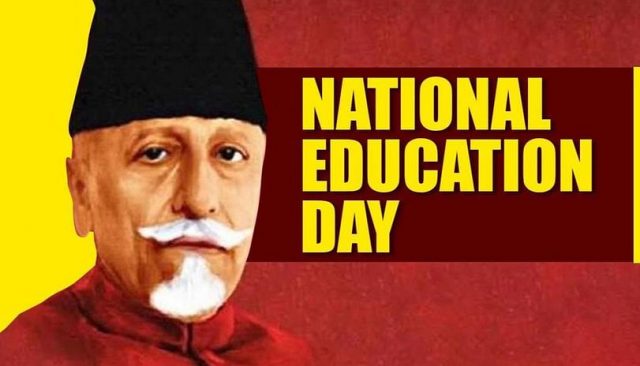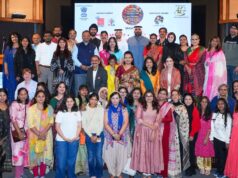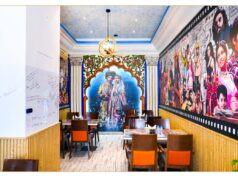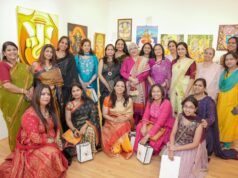National Education Day:
It is observed on 11 November in India to honour Maulana Abdul Kalam’s birthday. Let us have a look at National Education Day, its history, and the contributions of Maulana Abul Kalam Azad in the education sector. The National Education Day programme was inaugurated online by the Union Education Minister Dr. Ramesh Pokhriyal ‘Nishank’ at the Indian Institute of Technology Bombay. The programme was organised by the IIT Bombay to commemorate the birth anniversary of India’s First Education Minister Abul Kalam Azad which is also celebrated as the National Education Day or Rashtriya Shiksha Diwas every year on 11 November.
Maulana Abul Kalam Azad’s contributions in the field of education, nation-building, and institution-building are exemplary. He is the key architect of education in India. He was India’s first Vice President and also the first education minister of independent India from 1947 to 1958.
National Education Day: History
On 11 September 2008, the Ministry of Human Resource Development (HRD) announced to commemorate the birthday of the great person by recalling the contribution of Maulana Abul Kalam Azad in the field of education by celebrating 11 November as National Education Day. Since 2008, every year in India, National Education Day is celebrated without declaring it a holiday.
According to Maulana Abul Kalam Azad, schools are the laboratories that produce future citizens of the country. He is the person behind IITs and various other institutes in India. Now let us see in detail about Maulana Abul Kalam Azad, his early life, family, and works.
About Maulana Abul Kalam Azad
His original name was Abul Kalam Ghulam Muhiyuddin and also known as Maulana Abul Kalam Azad or Maulana Azad. He was born on 11 November, 1888 in Mecca now in Saudi Arabia, and died on 22 February, 1958 in New Delhi.
He was a freedom fighter, journalist, and reformer and committed to building a nation through education. He was a leader of the Indian National Congress and was elected as President of Congress in 1923 and 1940. He was awarded Bharat Ratna posthumously, India’s highest civilian honour in 1992.










